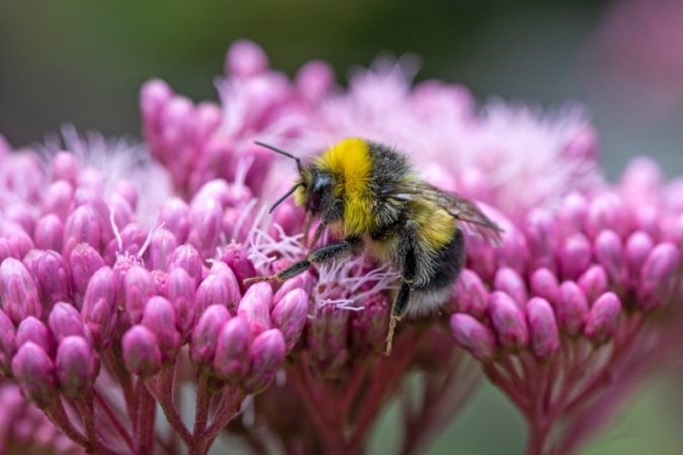11 Dec 2024

Tired Earth
By The Editorial Board

The UK government has allowed the emergency use of banned bee-toxic neonicotinoid pesticides in England for the third year in a row just days after the EU ruled out the practice.
The UK government announced on Monday (23 January) that it will permit the use of the banned pesticide thiamethoxam – a type of neonicotinoid – on sugar beet in England in 2023 due to the risk to the crop from plant pest virus called ‘yellows’.
The decision comes just four days after the Court of Justice of the EU (CJEU) declared that providing emergency derogations for expressly prohibited neonicotinoid-treated seeds is not in line with EU law.
Chemically similar to nicotine, neonicotinoids target insects and have come under fire in recent years for contributing to the decline of bees by disrupting their sense of orientation, memory, and mode of reproduction.
The virus represents a serious threat to the European beet sugar sector. For example, in 2020, French beet growers reported a decline of 30% in yield on the national level caused by the virus yellows and lack of access to neonicotinoids.
The Department for Environment, Food and Rural Affairs (DEFRA) explained that strict conditions would be in place and that the pesticide would only be used if independent modelling predicted an increase of the yellows virus incidence of 63% or above.
UK farming minister Mark Spencer said the decision came about after recognising the “potential danger of an outbreak of the beet yellows virus on the nation’s sugar beet crop and the impact it could have on the production of UK sugar.”
He maintained that emergency authorisation was a “necessary measure” to protect the industry.
This is the third time in a row that the UK has permitted such a move.
The decision also comes one month after the UK government advocated for a global pesticide reduction target at the UN COP15 biodiversity talks in Montreal and goes against the conclusions of the UK’s expert committee on pesticides (ECP) which advised against the move.
Green campaign groups slammed the authorisation as an example of the hypocrisy of the UK government.
“This latest move is completely at odds with the stronger pesticide reduction targets the UK advocated for at COP15,” a statement from the Pesticide Collaboration, a coalition of health, environmental, farming and consumer groups, academics and trade unions, read.
Calling the move a ‘total failure of responsibility’, the group lambasted the slow progress on finding alternatives to the neonicotinoid.
“In previous years, Defra insisted that the sugar industry must make progress in finding alternatives, but we are yet to see any outcomes of this,” Amy Heley, public affairs and media officer at the Pesticide Collaboration.
For Heley, this emergency derogation is simply “another example of the government failing to follow through on their own pledges to improve the environment and protect human health.”
The UK is not a major sugar beet producer, producing between 900,000 and 1.1 million tonnes of beet sugar in the past few years. As this is not enough to meet domestic demand, the UK imports of raw cane sugar for refining, for example, from Brazil and Belize, and white sugar from the EU and other suppliers make up the shortfall.
Therefore, a representative from the EU sugar industry told EURACTIV they do not see the derogation as a direct threat to EU producers’ competitiveness.
Source : euractiv.com
Comment